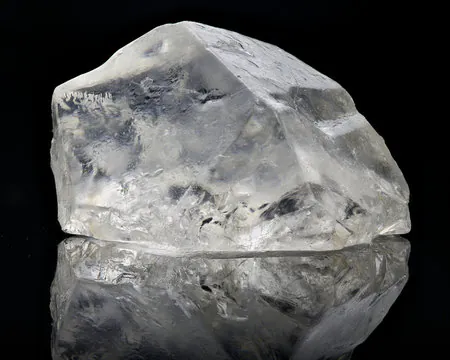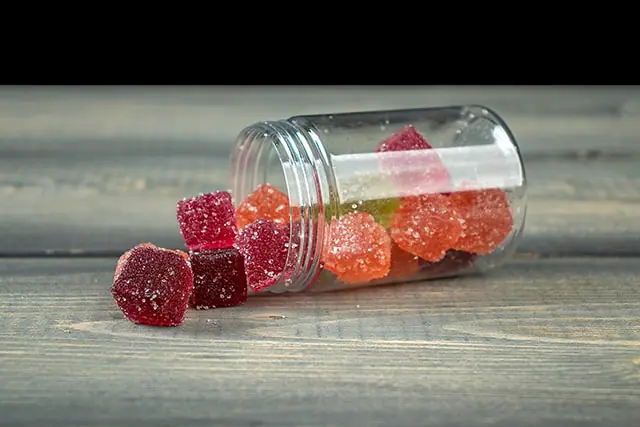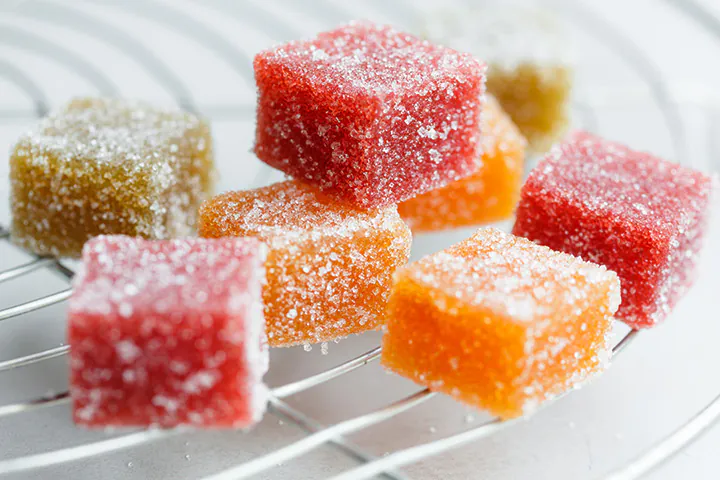For hundreds of years, humans have utilized cannabis for its fibers, and food. However, it has only been in the last several generations that we have begun to know the chemical makeup of this one-of-a-kind plant.
Cannabinoids, discovered in the 1970s, are a diverse group of compounds. Among them are the well-known addictive THC and a variety of other chemicals.
We now understand that, in addition to cannabinoids, cannabis includes a variety of other compounds, such as polyunsaturated fatty acids, proteins, and terpenes. Cannabinoids, on the other hand, have caught the interest of both researchers and the overall public.
THC and CBD are the two more widely explored cannabinoids.
As we all understand, THC is responsible for the high that we associate with marijuana. The majority of people have known about CBD and its variety of possible advantages. But what about the less well-known cannabinoid CBDA?
What Is CBDA?
CBDA is an abbreviation for cannabidiolic acid, and as the term shows, this molecule is linked to CBD. CBDA is considered the parent molecule of CBD by scientists since it is transformed into CBD by decarboxylation.
CBDA is classified as a carboxylic acid. This indicates it has a carboxyl group made up of one carbon, one hydrogen, and two oxygen atoms, which is frequently abbreviated as COOH. This group separates when exposed to extreme heat to generate carbon dioxide and hydrogen. CBD, or cannabidiol, is what’s left.
Although this process occurs naturally over time to a certain extent, the procedure is quite slow. However, smoking cannabis, heating it in a vaporizer, or baking it in the oven significantly accelerates the procedure.
If you’ve ever prepared with cannabis, you’ll understand how important the decarboxylation procedure is. It stimulates the THC and CBD in cannabis, significantly increasing its effects.
What Is the Difference Between CBD and CBDA?
CBD and CBDA have very similar chemical structures. The main difference is that CBDA has an additional COOH group removed during decarboxylation.
CBD is thought to be more biologically important than CBDA by the majority of individuals. It is undeniably more popular when it comes to supplements. CBDA, on the other hand, is by no implies inert. The primary distinction here is that, while there are several study reports on CBD and its advantages, research studies on CBDA are still few.
Is CBDA thus less beneficial than CBD, or is it merely misinterpreted? Let’s take a look at the CBDA research that’s out there and see what we can learn about its potential advantages.
How Does CBDa Work in the Body?
CBDa appears to function in the human body in a way similar to CBD. This cannabinoid has a strong affinity for 5-HT1A receptors. It is expected to engage with other neurochemical systems involved in CBD metabolism. The impacts of CBDa, on the other hand, differ considerably based on how you consume this cannabidiolic acid.
CBDa has limited bioavailability when taken orally since your liver metabolizes it. Combining CBDa topically with a water-based solution provides excellent bioavailability.
CBDa can also be inhaled, although the majority of cannabis inhalation ways require increasing temperatures that induce CBDa to decarboxylate into CBD. As far as you don’t worry, CBDa transforming to CBD, smoking, or vaping this cannabinoid precursor still gives the most effective effects.
Can CBDa Get You High?
CBDa will not make you high. While the impacts of CBDa may be stronger than those of CBD, neither Cannabis sativa ingredient will make you high.
Is CBDa Legal?
Apart from delta-9 THC, naturally produced cannabinoids are typically categorized as “industrial hemp” under the 2018 Farm Bill. CBDa has the same legal recognition as CBD, according to most regulators. Because this cannabidiolic acid is equally as non-intoxicating and non-toxic as CBD, CBDa is expected to be less lawful anytime soon.
CBDa Cannabinoid FAQ
What more do we have to share about CBDa?
1. What is the difference between CBDa and THCa?
CBDa is CBD’s chemical precursor, whereas THCa is THC’s chemical precursor. Even though their decarboxylation temperatures differ, both cannabidiolic acids change into their final versions when heat is applied. Don’t worry; there’s no risk of your CBD converting to THC or vice versa.
2. Is CBDa good for dogs?
With a continuing lack of proof, many dog owners have provided CBD to their canines. There aren’t many CBDa pet solutions available, but this cannabinoid may be exactly what your dog requires.
3. Is CBDa good for pain?
CBDa seems to be substantially more effective at your brain’s 5-HT receptors than CBD, according to researchers. Because these are the neuroreceptors that regulate neuropathic pain, CBDa may be the hemp ingredient to turn to when you’re in pain.
However, no research has been provided to demonstrate that CBDa is more potent at your TRP receptors. These neuroreceptors are in charge of another sort of pain: inflammatory pain.
4. Is CBDa better for pain than CBD?
There’s not enough specific data to determine that CBD is effective for pain relief. According to its reported activity inside the brain, CBDa may be more functional at certain pain-related neuroreceptors than CBD. Leading researchers think that CBDa is superior for pain to its decarboxylated variant.
5. Is CBDa anti-inflammatory?
Existing research implies that if CBDa is ever shown to have superior advantages to CBD, it will not be in the area of inflammation reduction. TRP receptors are primarily responsible for inflammation in the human body. While CBDa appears to be quite friendly with your 5-HT receptors, there’s no evidence that this cannabidiolic acid is any more effective at your TRP receptors than CBD.
What Type of Wholesale CBDa Products Are Available?
CBDa can be made into almost any sort of final product imaginable. The most common CBDa products are capsules, tinctures, and gummies, although CBDa topicals are growing in popularity in organic skincare. Because CBDa isolates naturally transforms to CBD when heated, inhalable CBDa goods are not now feasible.




